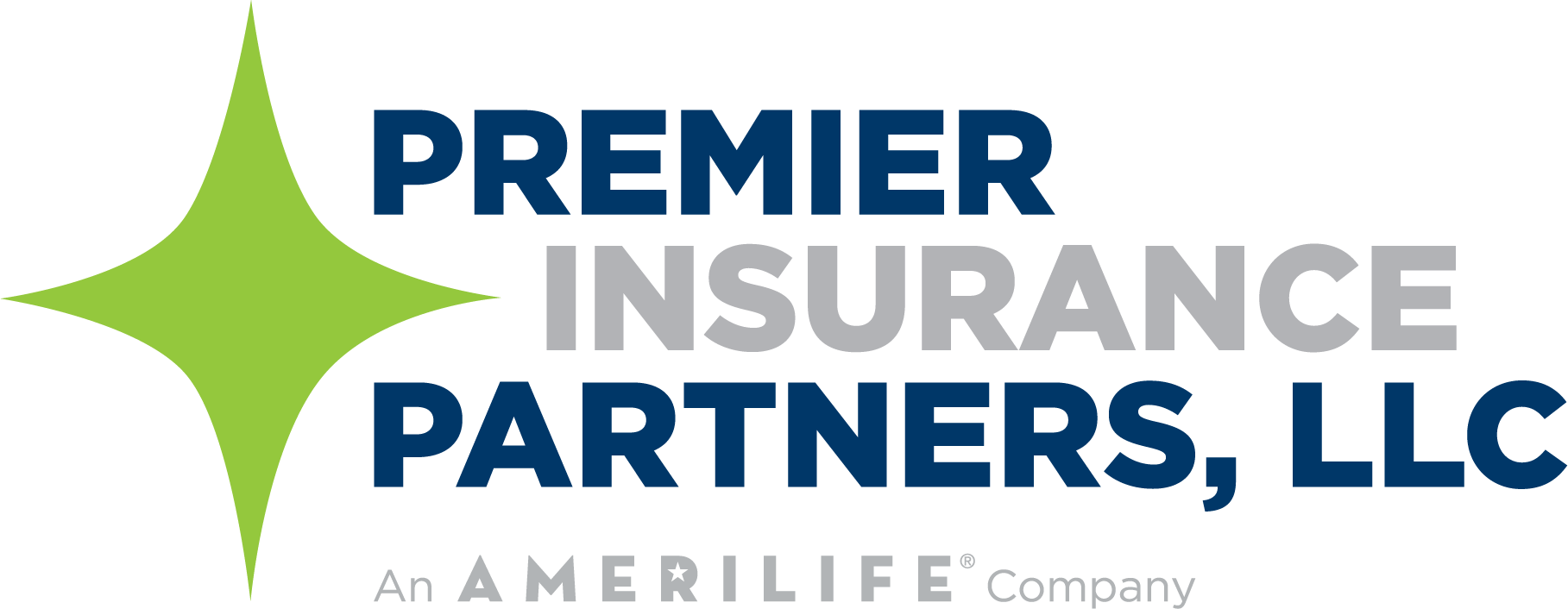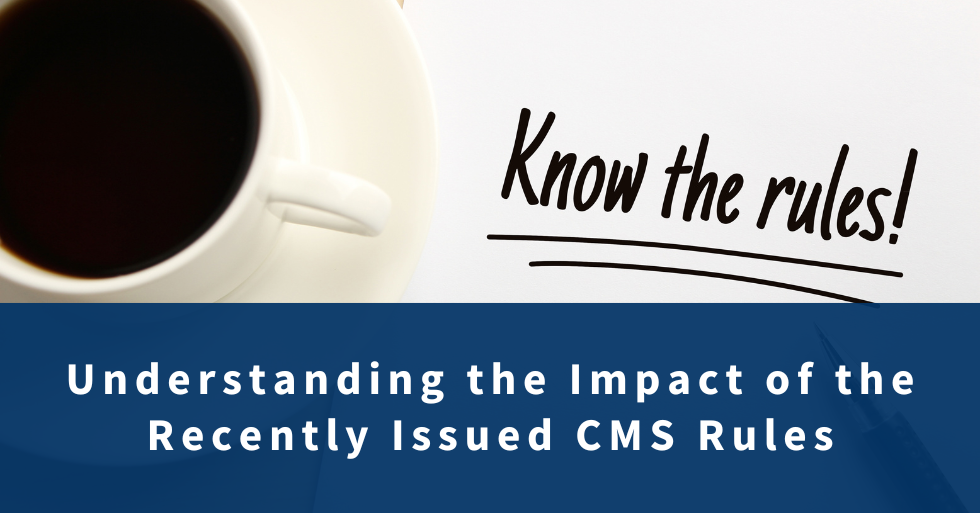The Centers for Medicare and Medicaid Services (CMS) recently issued rules with significant implications for the healthcare insurance industry that we should all become highly familiar with. As an affiliate member of one of the largest independent marketing organizations nationally, we must understand and implement these changes to maintain the hard-earned integrity, trust, and respect we’ve built with our carriers, partners, and each beneficiary and their families.
The new CMS Final Rule touches on many elements of our business and redirects some of our processes and expectations. However, this does not alter our core values of helping people select the best healthcare insurance coverage options that fit their unique situation and family dynamic.
Takeaway 1: CMS’ Final Rule significantly affects marketing practices and compensation structures in Medicare Advantage and Part D Plans.
CMS Final Rule significantly changed marketing rules concerning beneficiary data sharing and agent and broker compensation. It introduced a modified version that only permits third-party marketing organizations (TPMOs) to share personal beneficiary data with other TPMOs for marketing or enrollment purposes if they first obtain express written consent from the relevant beneficiary.
Regarding compensation, CMS raised concerns about the impact of expected administrative payments on agents and brokers, triggering high-pressure tactics that confuse beneficiaries. The Final Rule attempts to address these issues by focusing on payment structures that could incentivize agents or brokers to prioritize one plan over another, regardless of each beneficiary’s needs.
Takeaway 2: CMS’ Final Rule aims to improve access to behavioral health care providers and strengthen special supplemental benefits for chronically ill enrollees.
The Final Rule adopted proposals to improve access to behavioral health care providers. This included establishing a new facility-specialty type called “Outpatient Behavioral Health” to meet updated network adequacy requirements.
In addition, the Final Rule established new requirements for Medicare Advantage Organizations (MAOs) to demonstrate that special supplemental benefits for the chronically ill meet the threshold of having a reasonable expectation of improving or maintaining the health or overall function of chronically ill enrollees.
Takeaway 3: The Final Rule introduces significant changes to align the appeal rights of MA enrollees with those of traditional Medicare enrollees.
The Final Rule took vital steps to align appeal rights afforded to MA enrollees with those historically available to traditional Medicare enrollees. Specifically, it allows MA enrollees to access the fast-track appeal process provided through an Independent Review Entity, even where the appeal is untimely, like the path currently available to traditional Medicare enrollees.
Moreover, the Final Rule eliminates the automatic forfeiture of an MA Plan enrollee’s right to appeal the termination of non-hospital provider services. This is ordinarily triggered when the enrollee leaves a facility or ends the services at issue before the appeal deadline outlined in the Notice of Medicare Non-Coverage (NOMNC).
Down and dirty:
- CMS has changed its marketing rules to impact the sharing of beneficiary leads by third-party marketing organizations and agents and broker compensation.
- The Final Rule promotes access to behavioral health care providers by expanding MA network adequacy requirements to encompass outpatient behavioral health.
- CMS has established new requirements for MAO plans to demonstrate that special supplemental benefits for the chronically ill meet the threshold of having a reasonable expectation of improving or maintaining the health or overall function of chronically ill enrollees.
- Starting January 1, 2026, CMS will require MAOs to issue mid-year notices to enrollees regarding unused benefits.
- CMS finalized several significant changes designed to enhance patient experience and health outcomes, including increasing the percentage of full-benefit dually eligible MA enrollees in plans also contracted to cover Medicaid benefits.
- CMS amended MAO reporting requirements to protect the confidentiality of patients’ relationships with a broader range of providers.
- CMS finalized many aspects of the proposed rule, introducing changes that would permit enrollees more flexibility in the cost and accessibility of drug products available under their Part D plans.
For health insurance carriers, agents, and companies, strict adherence to all CMS rules is crucial to effectively serving beneficiaries. Compliance with these rules ensures transparency in pricing, facilitates patient access to health information, and promotes the delivery of high-quality, cost-effective care. By following CMS guidelines, we continue to enhance customer satisfaction, improve care coordination, and contribute to the overall transformation of the healthcare industry towards a more patient-centered and value-based approach.
For more detailed information, please review AmeriLife’s enterprise-wide analysis here.
Read More: How To Prepare For AEP?
People Also Read: What AEP Certification Do I Need For Insurance Sales?
Here at Premier Insurance Partners, we make selling insurance easy no matter where you are in your insurance career. We prioritize providing in-depth training to our sales agents to help their clients and grow your business. Find the best rate for your clients with our Medicare software for our top producers. Our annuity tool always offers the most recent changes. If you have any questions, please contact Premier Insurance Partners at 855-827-1661 or info@pip1.com.

